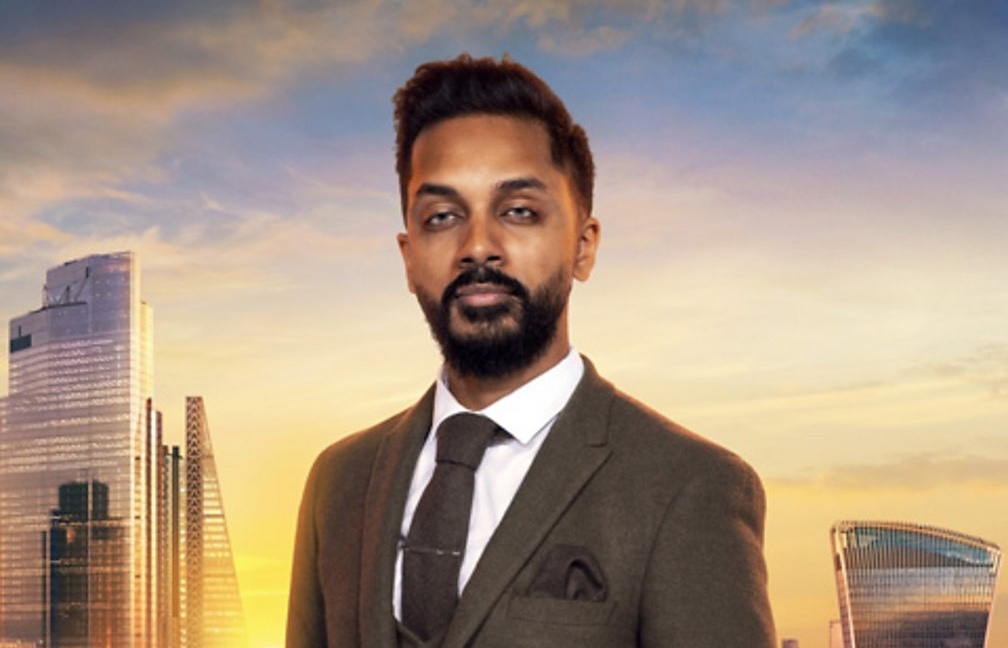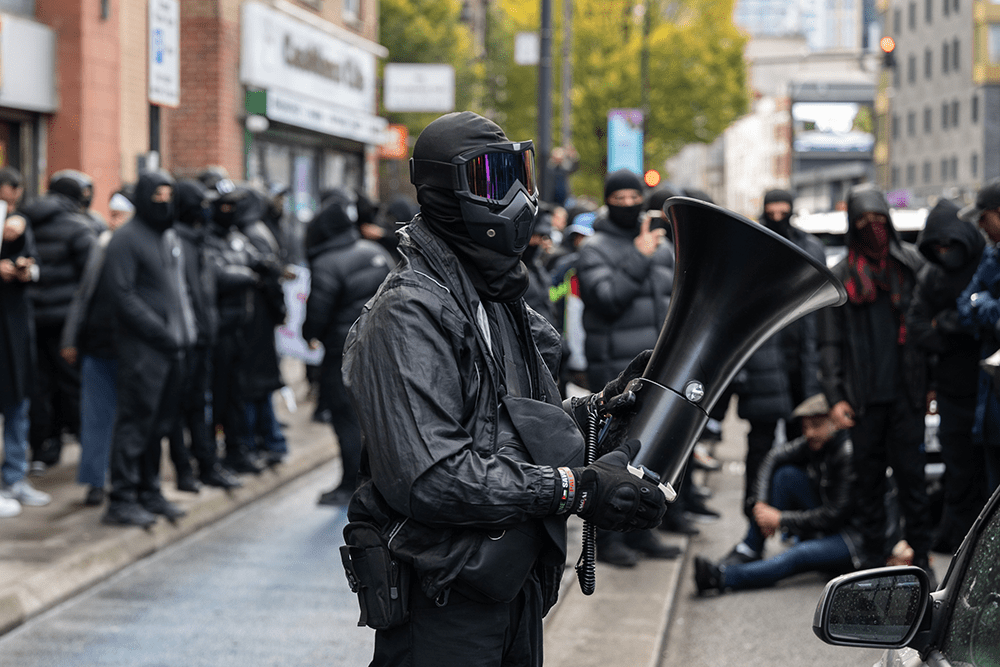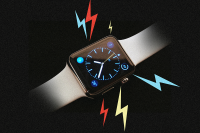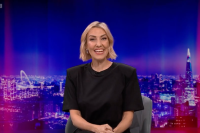The front page of the Sun today pronounced that a star on the television show The Apprentice has quit for using ‘racist language’, specifically for employing a ‘highly offensive term’ to describe a black person. One can only recoil in imagining what a foul and obscene word the contestant must have used. But you needn’t be unduly nervous. The offending word was ‘coloured’.
According to the story, Jana Denzel, a dentist of Sri Lankan heritage, was reported by two ‘shocked’ female teammates after making the utterance. Bosses at the show took ‘swift action’ and made him undergo diversity training. Following discussions with producers, who explained to him the offensive nature of the remark, Denzel announced his departure from the programme.
Over-sensitivity to controversial words is one of the hallmarks of our time, and testament to the influence and stubborn resilience of a hyper-liberal woke ideology that is obsessed with language and the power of words. But what we see here is an orthodoxy operating in its most pernicious and pitiless manner.
The irony is that people who use the word ‘coloured’ often do so because they still believe they are being polite and non-racist. The word became popular in the 1960s among a liberal generation in the West who looked for a softer term for ethnic minorities, and for some white people who were even afraid to say ‘black’. The label ‘coloured’ was certainly more acceptable than some of the abusive and degrading terms then current, and in America it had long been embraced by black and mixed-race people themselves, who in 1909 formed the National Association for the Advancement of Colored People, an organisation that retains that title to this day.
In time, however, the meaning and connotations of the word have gradually shifted. Today, Collins, one of the most popular and unquestionably progressive and prescriptive of dictionaries, warns that ‘coloured’ is ‘old-fashioned, offensive’. It warns likewise with ‘half-caste’. That is another description often used innocently in the past, simply to describe a person with one parent who was white and another who was black, but which increasingly came to be interpreted as suggesting a belief in racial purity. Collins also advises now that ‘mixed-race’ is ‘sometimes offensive’.
The evolution of the word ‘gay’ has been an even more tangled affair, with the word initially supplanting ‘homosexual’, a description that was not only commonly derogatory, but one with legal and clinical overtones which served to remind how homosexuality was once criminalised and pathologised. Then there arrived ‘queer’, taken up as a more politically-charged alternative for gay. But many gay people these days are hostile to the term ‘queer’, it being default among a radical trans-movement which they regard as homophobic. All of this has left many well-meaning straight people none the wiser, stumped as how to address those with a different sexual orientation without causing offence.
Some people will always be offended. Righteous moral indignation against other parties, even those poor souls are wholly lacking in malicious intent, is a guaranteed means of assuming the moral high ground.
This is why a belief in ‘micro-aggressions’ has become so popular on university campuses, where the expedient desire to be offended is rife. According to a guide produced by the University of Minnesota, some micro-aggressions include:
‘Where are you from?’
‘Where were you born?’
‘You are so articulate.’
‘There is only one race, the human race’.
‘I believe the most qualified person should get the job.’
All of these utterances could plausibly be construed as demeaning, patronising or unconsciously racist, if you really tried. But some people really do try, being resolved to see malevolent motivation, or more crucially, pretend to see it.
Language changes, and peril lurks for those who fail to keep up or say words out of context. Those who seek to find offence are forever on guard for those who transgress against the latest tribal codes.
Chastising others for using wrong or outdated terminology is often a marker of social distinction. We saw this in 2016 when the late darts player Eric Bristow appeared on the television show Good Morning Britain, where he was monstered by presenter Piers Morgan for calling fellow-host Susanna Reid ‘darling’. There was no evident harmful intent, but the ‘Crafty Cockney’ belonged to a different time and a different social stratum. This was his crime.
The same goes for those who say ‘coloured’ today. Even if some people don’t mean badly by the words they use, there will always be others determined to see it that way.







Comments